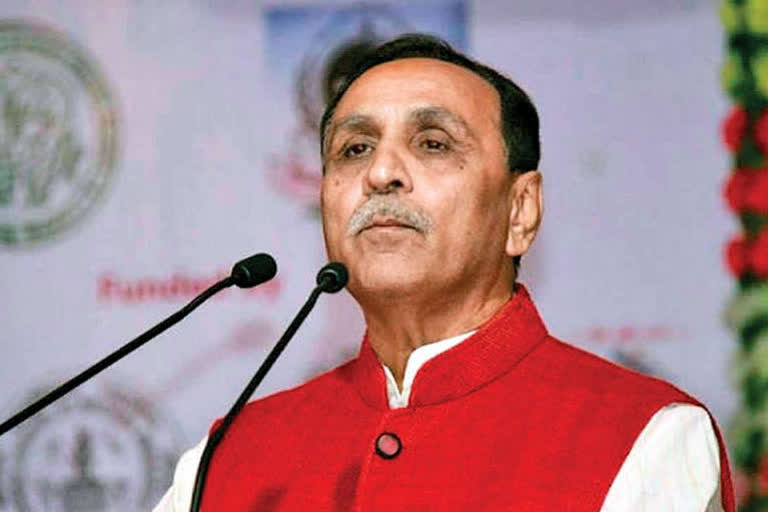Ahmedabad:Vijay Rupani may have been a soft-spoken chief minister, but political observers feel that it may have also contributed to his image of being a ‘weak' CM, who allowed bureaucrats to overrule the political leadership in taking key decisions.
Some observers also point to the way he handled the second wave of COVID-19 pandemic and economic and social distress that followed it, even suggesting that it may have contributed to his downfall.
During his second stint as the CM, Rupani (65) , who resigned from the post on Saturday over a year before the next Assembly polls are due, was instrumental in passing tough anti-conversion law against interfaith marriages, and another one against those involved in cow slaughter.
Though Prime Minister Narendra Modi was the BJP's face in the high-octane 2019 Lok Sabha election campaign in his home state, it was Rupani, belonging to the relatively small Jain community, who as CM steered the party machinery in Gujarat.
Born in Rangoon (now Yangon, Myanmar) Rupani joined an RSS shakha as a schoolboy, before graduating to the BJP via the Sangh's students wing--the Akhil Bharatiya Vidyarthi Parishad (ABVP).
Before he became the CM for the first time in 2016, Rupani worked mostly in the party organisation in Gujarat, and fought his first Assembly election in 2014, winning a bypoll from Rajkot West.
Rupani, a low-profile RSS man, was back in the chief minister's chair in 2017 after having survived the incumbency factor and a violent quota stir by the Patidars.
A bachelor of law, Rupani was a Rajya Sabha member between 2006 and 2012.
